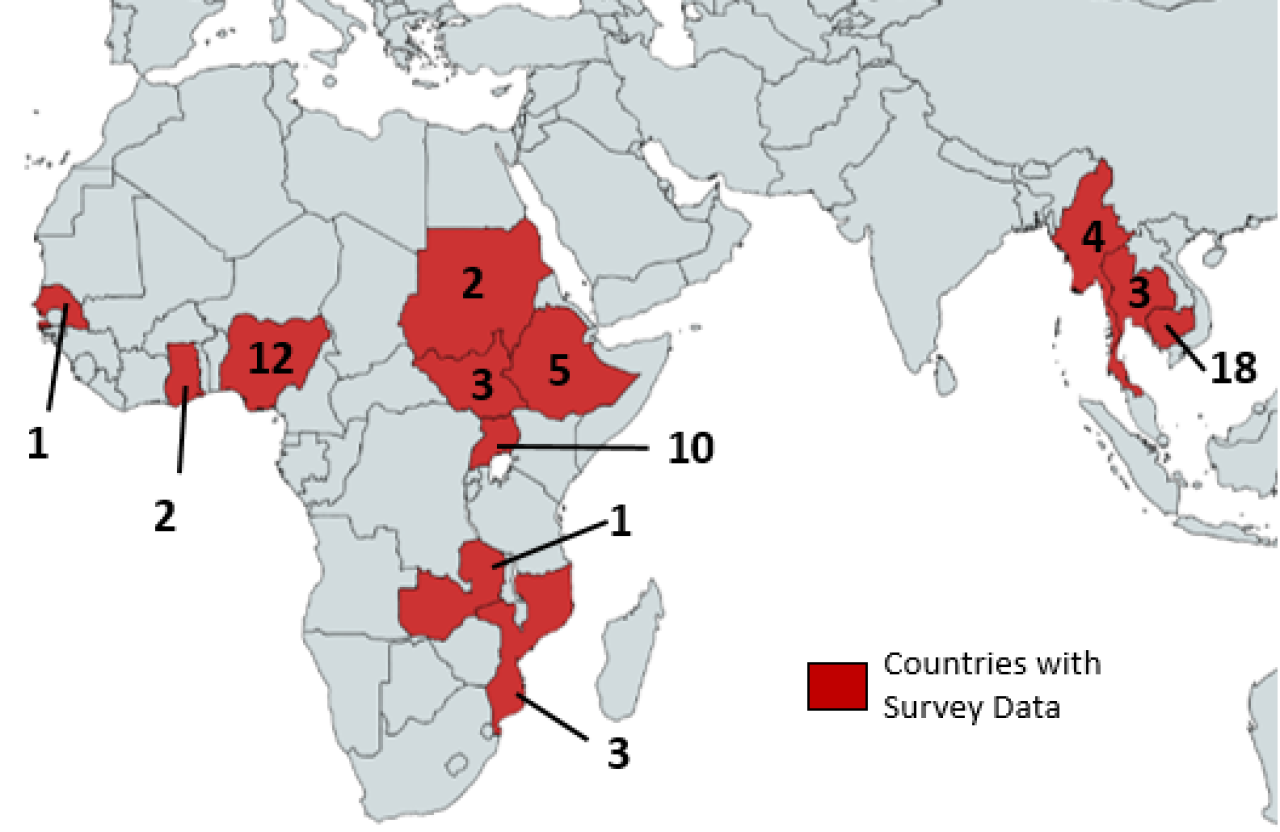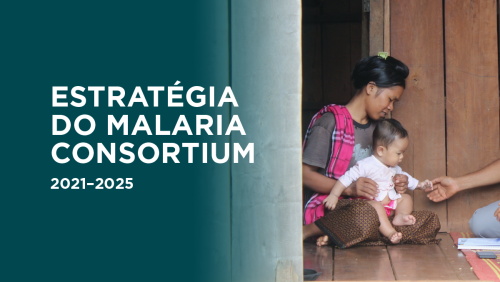Malaria Consortium is dedicated to ensuring robust evidence informs the delivery of effective services and interventions. We monitor and evaluate projects and programmes through a variety of data collection methods including surveys, observational studies, and routine data collection, using different platforms including Digital Health.
These data collection activities also provide an opportunity to use our data for secondary purposes, such as:
- Modelling and malaria mapping exercises
- Triangulation and use of multiple complementary data sources for decision making
- Secondary analyses by different variables of interest
- Time series and trend analyses of multiple surveys
- Impact analyses by pooling estimates in intervention contexts
- Exploratory and deep-dive analyses for informing future projects or plans
The monitoring and evaluation community of practice has also initiated a work plan to develop a large database infrastructure to manage, share, access and archive survey data into one easily accessible repository. To date this is comprised of 64 surveys across 12 countries spanning the years 2004-2018. This includes Malaria Indicator Surveys, Household Surveys, Health Facility and Outlet Surveys.


